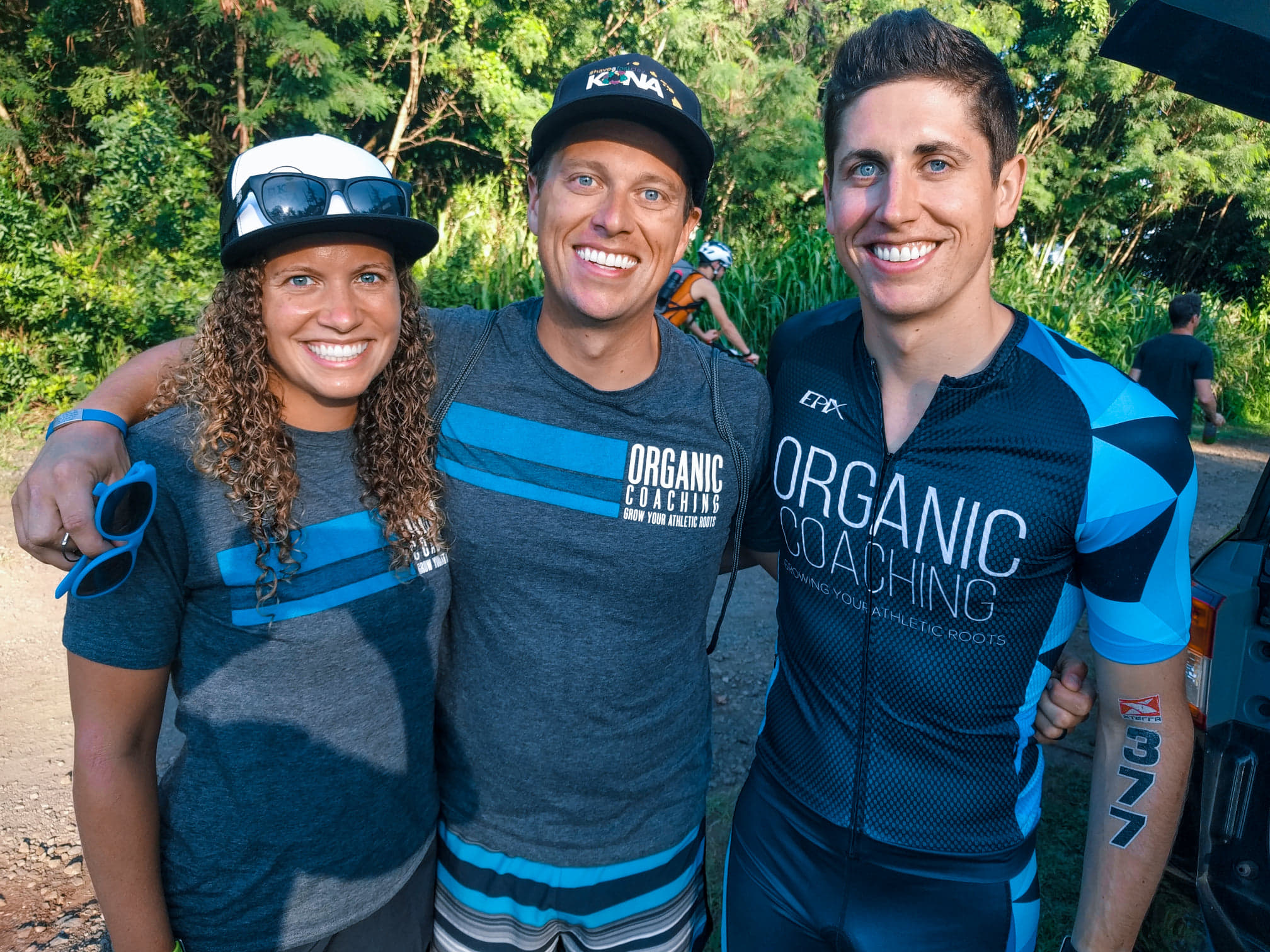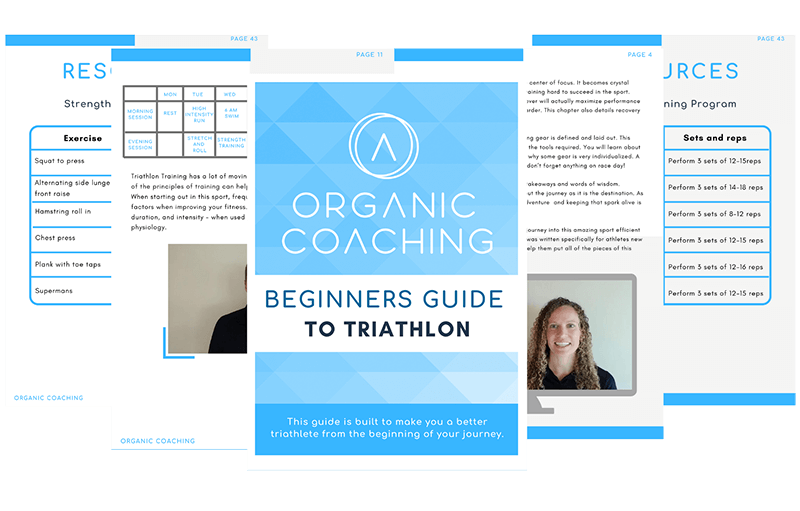
You are training consistently, eating balanced athlete plates, and using all the fancy recovery gadgets, but you are not quite reaching the performance potential you know you are capable of.
Can you guess what the missing piece of the puzzle is?
If you guessed sleep, you are on the money!
Sleep is essential for all human beings. This is where your body recovers, restores body tissues, consolidates memories, and improves your body’s ability to fight off illness and infection through the production of cytokines. When you allow your heart to rest overnight (or with a nap) cells and tissues are able to repair, which helps your body recover after training sessions through the production of human growth hormone (hGH) and muscle glycogen repletion. Additionally, the various sleep cycles (light sleep, deep sleep, and rapid eye movement (REM) sleep) change your breathing and heart rate, thus promoting cardiovascular health.
Sleep helps retain and form memories, is a key part of cognitive function, and is important for overall mood. When you are learning new skills as an athlete, sleep is essential in creating memories of these skills so you can have improved performance in the future. Sleep is where those training adaptations happen. Moreover, cognitive function is crucial for all athletic functions. Loss of sleep is associated with a decreased cognitive function such as decision-making (ie. where to pass the ball, how to descend safely down a mountain) and adapting quickly. Lastly, sleep is associated with improved overall mood and decreases the development of conditions such as anxiety and depression.
Sleep is just as important as your training sessions and is not something to skimp on. Evidence shows that sleep benefits an athlete’s recovery, mental state, and performance ability. Recommendations for athletes range between seven and nine hours per night. Elite athletes are encouraged to get at least nine hours per night.
While napping is not recommended for individuals with sleep conditions such as insomnia, napping or extending sleep hours in the night beforehand can be equally as effective after a night of inadequate sleep or a night of anticipated inadequate sleep (ie. travel, race night).
There are numerous benefits of quality and quantity of sleep:
Each of these studies demonstrates that sleep affects reaction time, cognitive function and decision-making, speed and agility, and overall mood.
On the contrary, sleep deprivation can negatively affect both health and performance:
Travel can take you out of your normal circadian rhythm, especially if you are traveling across time zones.
Some tips for improving sleep hygiene:
Sleep is critical for both health and performance. It is equally as important as your training and your performance plates. Make it a priority to reach your athletic potential. Happy sleeping!

Carly and Tyler Guggemos built Organic Coaching in 2014 with a simple philosophy that works. The idea is to take what you have and grow it to get faster, fitter and stronger. And to do it with the time you have – not the time you wish you had.

For athletes who are ready to take their training to the next level while still thriving and succeeding in their professional and family life.
Copyright © 2024 Organic Coaching LLC